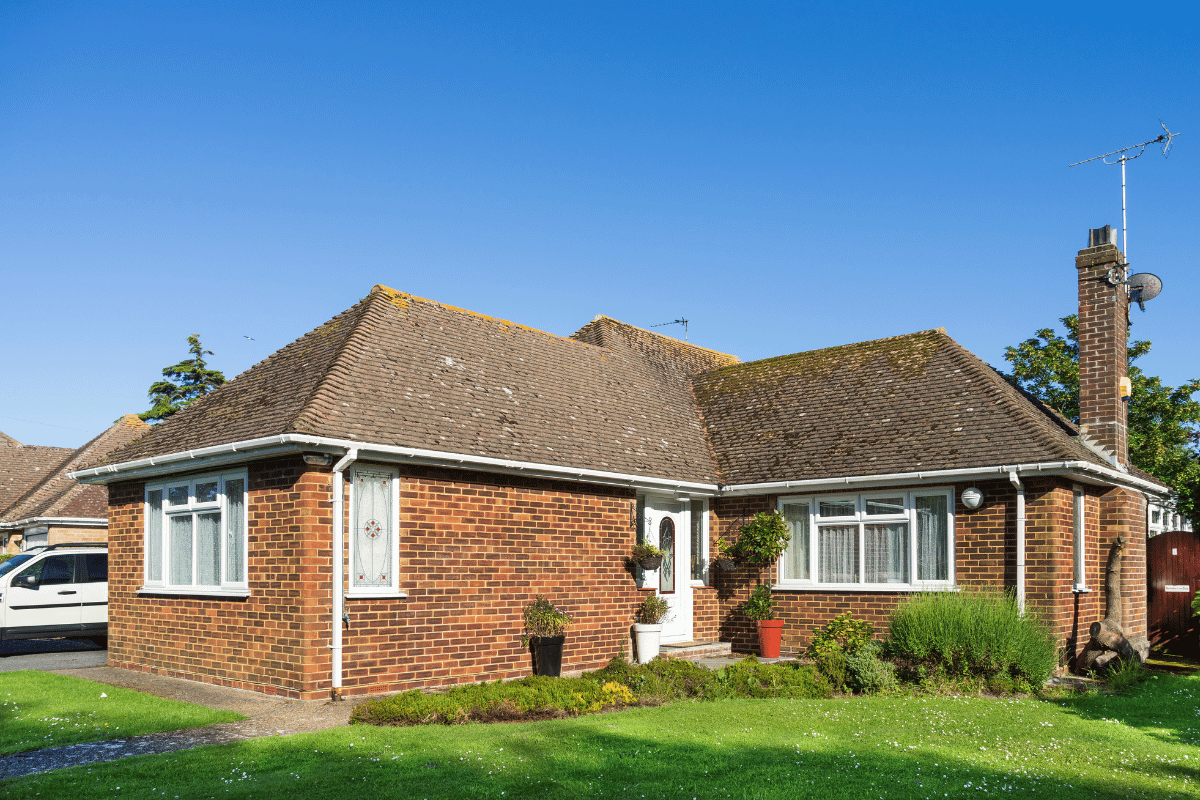In this article

Bloodline Wills are not an everyday term to most. However, our clients have a keen interest in knowing more about them, and how they can assist in their complex estate situations.
In this article, I’ll be covering exactly what a bloodline Will is, alongside outlining how it works. Furthermore, I’ll discuss the pros and cons, and also provide tips on choosing the right estate planning tool for you.
Looking to cut to the chase? If you’re looking for a solicitor to help draft your bloodline Will, just call us on 020 3007 5500, or submit a contact form.
What does it mean to make a bloodline Will?

Typically, clients from a blended family will look for a bloodline Will. This is from families consisting of children from previous partners.
Whilst you would expect your estate to pass down to your grandchildren eventually, this is not the case. Things happen in life that may affect this sum, such as divorce.
As these assets are within a trust, the beneficiary does not technically own them. Therefore, it cannot be taken in a divorce or any other means.
How do bloodline Wills work?
Upon setting up a bloodline Will, you’ll appoint trustees to determine when and how to release money and assets upon your death.
An important note for this is that the assets held within the trust must, in some way, support the beneficiaries’:
- Health
- Education
- Maintenance
- Support
This is good for those leaving the trust, as they’ll know exactly how their money will be spent. However, it can also seem quite restrictive too, so there are clearly pros and cons to this Will structure.

Talk to us now. Save costs further down the line.
Save yourself potentially thousands of pounds by seeking advice now. Speak to us today for more information.
Lines open 24/7

What happens to my property if one owner is still alive?
When two individuals own a property, you can change the type of joint ownership you have so that it does not automatically pass to the remaining owner upon your death.
There are two different kinds of ownership:
- Joint tenants. Both parties have equal rights to the property yet cannot pass on their ownership when they die. Upon your death, the other owners will inherit the property.
- Tenants in common. Both parties will own different shares of the property and can pass on their share in their will. Importantly, the property does not automatically go to the other owner if you die.

Importantly, the surviving spouse does not inherit the entire property upon your death. Instead, the trustees will effectively control the property to protect the assets. This later ensures that the beneficiaries receive their assets at the correct time.
What are the positives and negatives of a bloodline Will?
Creating this type of trust can be very advantageous. Some of the potential benefits include:
- Your assets will stay in your bloodline, meaning you know where they will go
- Only your blood relatives will inherit part or all of your estate
- The trust can follow life interest, meaning trustees can choose when to release their inheritance
However, there are also some potential drawbacks to go alongside this. These include:
- Trustees ultimately choose when beneficiaries receive the assets. This means that they will not receive access immediately
- Bloodline Wills cost more than your standard Will due to their complexity
Whilst more costly, a bloodline Will gives more control over who inherits your estate and the best time for them to access it.
How can we help?
A bloodline Will can be a very effective way of protecting your assets and controlling how your assets can pass to your intended beneficiaries, such as your children, whilst still providing your surviving partner with the security and enjoyment of your assets during their lifetime.
This is something which is becoming increasingly popular and more prevalent due to the rise of blended families and is an effective estate planning tool when considered carefully with a legal professional.
If you need help planning your estate, contact our expert trust team by calling 0203 007 5500 or sending an email to [email protected]





We took out ten ants in common 20 years ago. We have since moved house ( 5 years ago) and are now told it’s obsolete. Do we have to take another one out and must it be done by a solicitor?